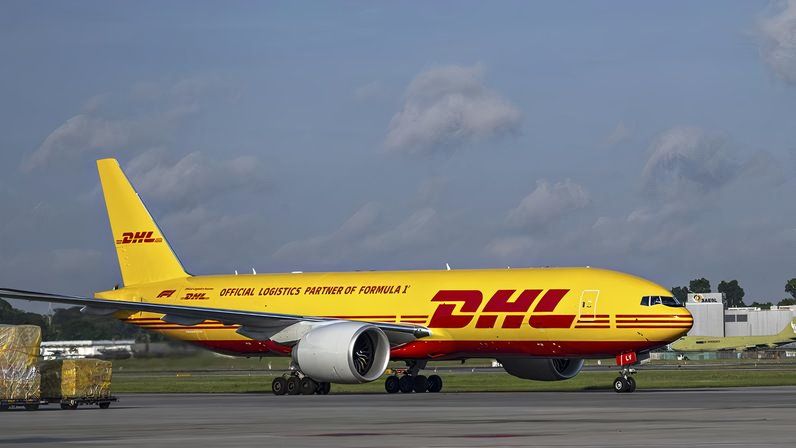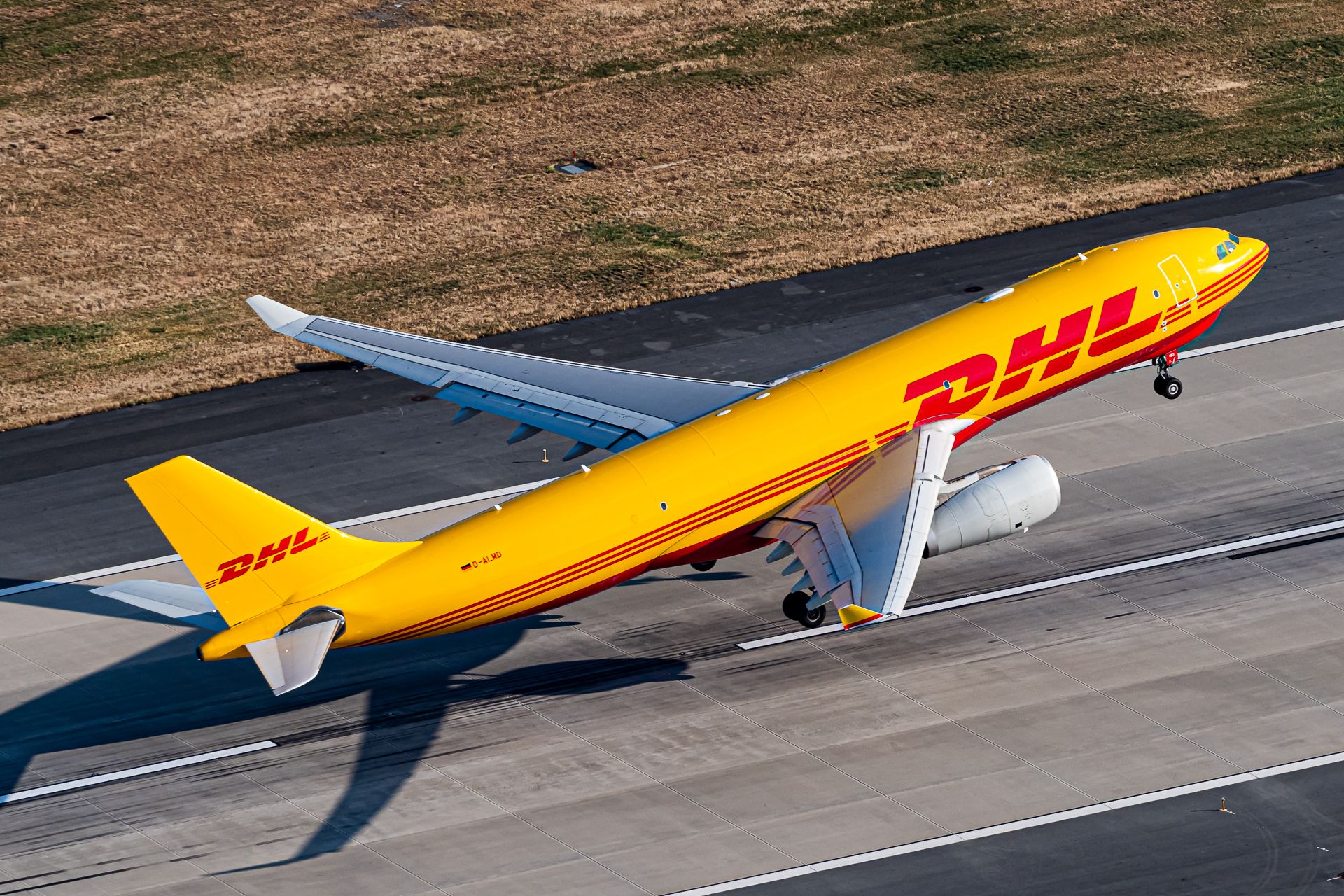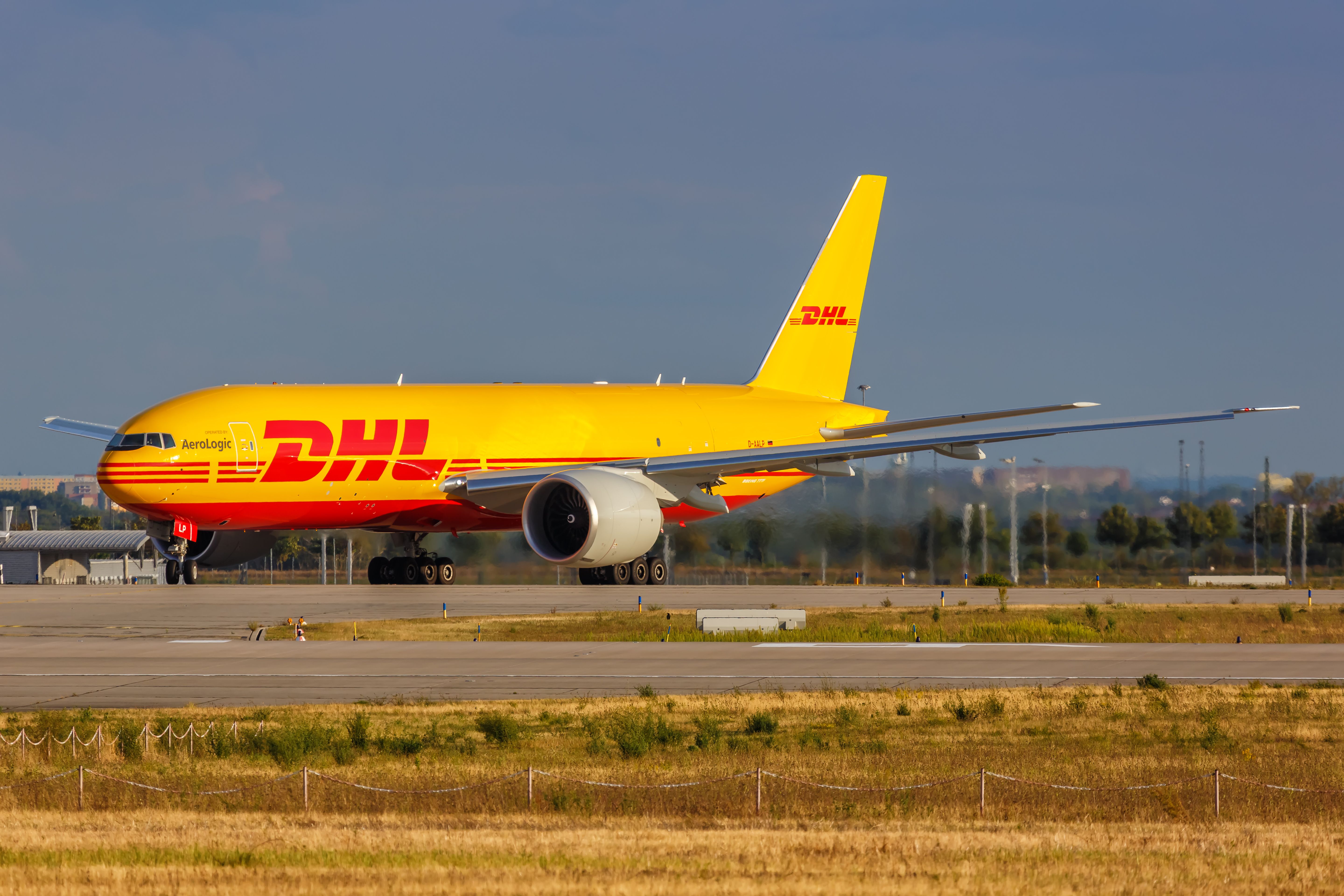On Friday, September 20, Formula One (F1) announced a significant investment in sustainable aviation fuel (SAF) to use for its cargo flights and charter flights across the rest of the racing schedule this year and for years to come. This investment is a major part of the racing league’s goal to be carbon-neutral by 2030. Specifically, F1 is working with its global transportation partner, DHL, to purchase SAF credits on F1-specific cargo flights.
Photo: Vincenzo Pace | Simple Flying
Investment in SAF
Currently, sustainable aviation fuel has not advanced enough to directly fuel cargo planes that are capable of carrying F1 freight. To overcome this, Formula One is taking advantage of a service offered by DHL called the DHL GoGreen Plus Service. This is recognized as a “book and claim” model, which means that DHL has enabled F1 to reserve a specific amount of fuel, which is the same that is used on freighter cargo flights during the F1 racing schedule. The reserved fuel is then added to the supply chain where other planes can take advantage of SAF, specifically in locations where SAF is readily available.
The DHL GoGreen Plus Service allows larger companies, such as F1, to still contribute to the growth of sustainable aviation fuel in the industry. It also ensures traceability, as carbon reductions are not considered until the registered SAF is claimed by other aircraft around the world.
The Head of Environmental, Social, and Governance (ESG) at Formula One, Ellen Jones, spoke about the new SAF investment. Jones stated,
“Formula 1 has always been at the forefront of innovation, and our early stage investment in Sustainable Aviation Fuel is a testament to our dedication to deliver on our Net Zero by 2030 commitment. SAF is just the latest step for the business, and underscores how alternative fuels both on and off track can materially reduce carbon emissions. This delivery of our sustainability strategy is only made possible through coordinated actions across our sport.”
Other steps toward Net Zero by 2030
Overall, Formula One has been making an effort to reduce carbon emissions overall as a racing league. Recently, the Mercedes-AMG Petronas Formula One racing team announced a major independent commitment to utilizing sustainable aviation fuel. The racing team announced earlier this month that it would quadruple its aviation emissions reductions by the end of 2024. The majority of this program will be accomplished by investing in SAF certificates. These SAF certificates do not directly reduce carbon emissions from flying, although the certificates represent an offset for carbon emissions.
Additionally, F1 will continue to reduce its overall carbon footprint. The racing league is also taking steps to ensure its cars run on 100% sustainable fuel beginning in 2026. Formula Two (F2) and Formula Three (F3) cars will run on 100% sustainable fuel beginning next year. Other steps include utilizing low-carbon power solutions for operations during races and also taking advantage of biofuel-powered trucks for transport within Europe.



